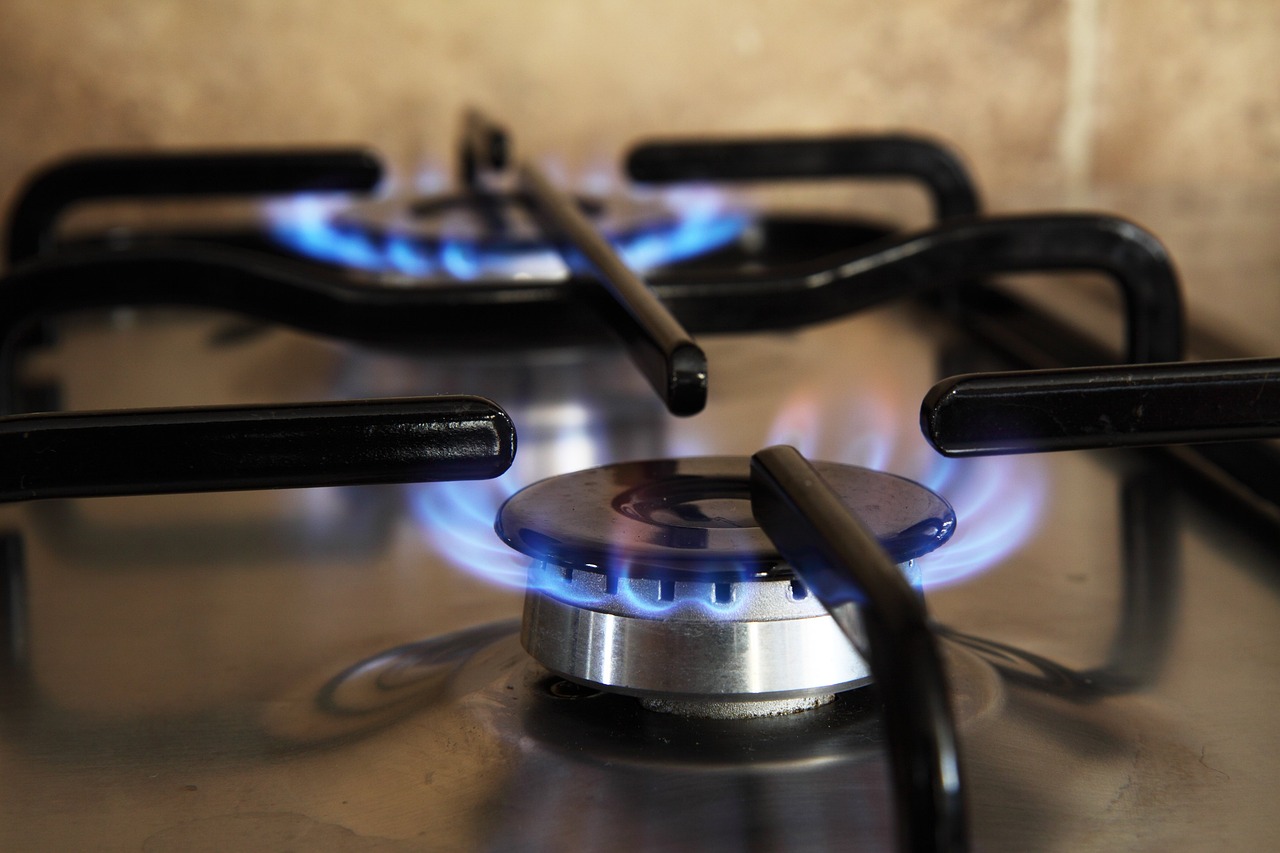New York State Begins Ban on Natural Gas
The New York Legislature recently approved a new $229 billion state budget. This budget includes provisions which will ban the installation of natural gas utilities, equipment, and appliances during the construction of most new buildings. The ban includes gas stoves, furnaces, boilers fueled by heating oil, and propane heating and cooking systems.
How Will the Ban Come into Effect?
Starting in 2026, construction of new buildings with heights up to seven stories will no longer be allowed to include installation of gas utilities. Taller buildings will be subject to this prohibition starting in 2029.
The ban on natural gas installations does not apply to all new buildings. Facilities such as but not limited to manufacturing plants, restaurants, emergency services sites, and hospitals will be exempt from the natural gas prohibitions. In addition, the ban does not apply to existing buildings and renovations within existing buildings. Existing gas utilities, equipment, and appliances will be unaffected by the prohibition included in the new budget.
Why Is New York Implementing This Ban?
This ban on natural gas aligns with New York’s Climate Leadership and Community Protection Act (CLCPA). The CLCPA is a program that addresses climate change by targeting greenhouse gas emissions, clean energy, and energy efficiency, among other items.
One of the goals set by the CLCPA is to reduce emissions 40% by 2030 and 85% by 2050. Pivoting from natural gas to all-electric utilities is one step as New York moves towards achieving these aggressive objectives. New York is leading the nation in establishing robust programs and requirements targeted at combatting climate change.
What Changes Might We See?
New building construction practices will have to be modified to transition to the use of electricity in order to comply with the fast-approaching implementation dates for the natural gas ban. Heating and cooling technologies that rely on heat pumps and geothermal energy will likely be a common replacement for the traditional natural gas and fossil fuel energy sources. In addition, improvements in electrical appliances (primarily stoves) will be required to satisfy consumers as gas stoves are phased out in new construction.
Walden is actively tracking the fast-developing programs that are being rolled out in step with the CLCPA. Reach out to Walden today at 516-701-1681 to learn more about the natural gas ban, the CLCPA, and how this all affects you.

Image by PublicDomainPictures from Pixabay
Read some of Walden’s past posts on renewable energy here, and contact us at 516-701-1681 for more information on CLCPA-related changes in New York State.
